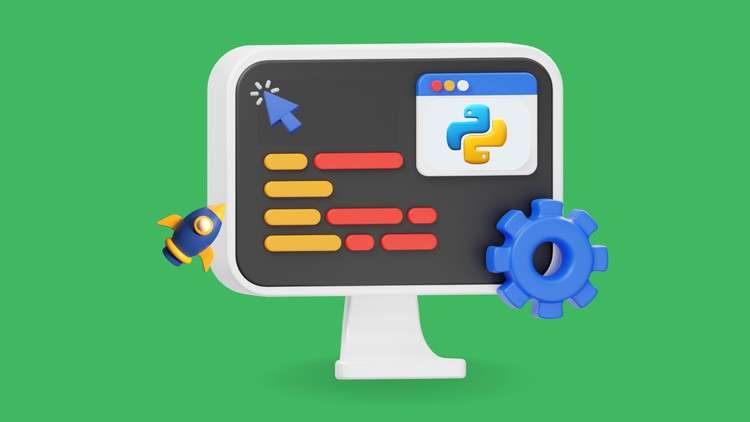
Course covers topics such as Classes, Inheritance, Polymorphism, Composition, Encapsulation, Abstraction, Decorators..
What you will learn
The Object Oriented Programming Python course will teach you how to write code that focuses on creating objects and classes,
You’ll learn how to create Classes, define Attributes and Methods
You’ll learn how to use and apply Inheritance, single and multiple inheritance
How to create and use a @classmethod as well as @staticmethod within your code
How to use Encapsulation to restrict access to program properties
Polymorphism ,Abstraction and Composition concepts are introduced and taught to master Object Oriented Programming
Description
The object-oriented programming course will teach students how to write code that is organized around objects instead of functions or procedures. This approach ensures clearer, more efficient, and more reusable code. Throughout the course, students will learn the fundamental concepts of object-oriented programming such as composition, encapsulation, inheritance, polymorphism, abstraction and more through lectures, exercises, and hands-on projects. The course will also delve into object-oriented design patterns, debugging techniques, and best practices in programming. By the end of the course, students will have a strong foundation in object-oriented programming and be ready to develop complex, object-oriented software applications.
Python course covers inheritance, one of the most important foundational concepts in object-oriented programming. The course begins by exploring the basics of inheritance and then delves into the different types of inheritance, such as single and multiple inheritance. It also reviews methods for overriding and extending parent class functionality
The Python course delves into the concept of Composition, which involves the construction of complex objects by combining simple ones. Students learn how to achieve code reusability and maintainability through composition, by using classes that have objects of other classes as instance variables
Encapsulation is a concept in object-oriented programming that refers to the bundling of data and methods within a single unit, hiding the implementation details from the user. This enables developers to create more secure and robust code by preventing direct access to the internal state of an object and limiting the scope of its functionality
Content